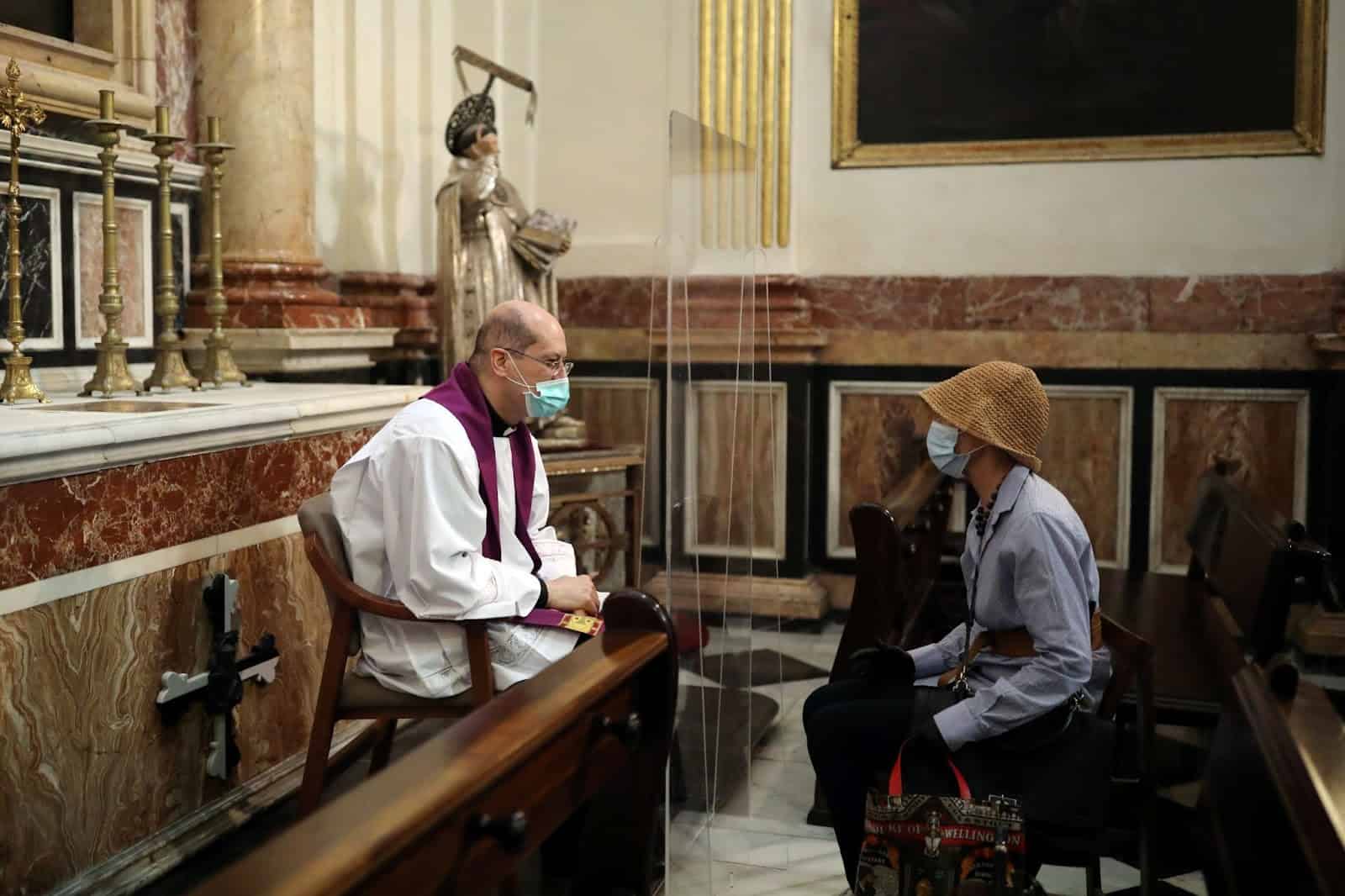Examining the Importance of Catholic Priestly Confession
Catholic Priestly Confession
Lent and Advent are important to Catholics. Catholic Priestly Confession, also known as reconciliation, takes the stage at this period. The Catholic faith requires confessing to a priest in this sacrament. However, non-Catholics may ask why Catholics confess to a priest rather than God. Answering such questions requires a careful explanation for this deeply ingrained institution.
1. Biblical Basis: Accepting God’s Word
Catholic Priestly Confession is biblical. James 5:16 says Christians should “confess your sins to one another and pray for one another.” This verse emphasises admitting faults to other Christians and seeking prayer and support. Notably, Scripture does not require sin confession to God alone.
Matthew 9:6 confirms Jesus’ ability to forgive sins on Earth. “But when the crowds saw it, they were afraid, and they glorified God, who had given such authority to men” (Matthew 9:8) confirms this authority for humans. Jesus also gives His followers the task of continuing His message in John 20:21-23: “Peace be with you. I send you as the Father sent me.” Jesus’ capacity to forgive sins is part of this purpose. Thus, Catholics believe admitting sins to a priest follows these scriptural precepts.
2. “In Persona Christi”: Priesthood
Catholic Priestly Confession requires knowing that the priest operates “In Persona Christi” (in Christ’s person). Thus, Jesus Christ, via the priest, forgives sins. During absolution, the priest says, “I absolve you from your sins in the name of the Father, Son, and Holy Spirit.” This statement means Christ forgives sins via the priest.
3. Sacramental Grace: Divine Channel
Catholics believe all sacraments are conduits of grace. Confession is no exception. The sacrament always contains grace, reflecting God’s undeserved love. The penitent and priest must be in the correct mood to receive this grace. Both parties must be spiritually ready and accepting God’s favour.
Through confession, Catholics believe they get healing by Jesus, reintegration with the Church, spiritual strength, and, most importantly, forgiveness of sins. A meaningful experience with divine compassion promotes spiritual development and reconciliation.
4. Humble Acknowledgement of Sin
Every sin—personal or societal—violates God’s law. It involves willful disobedience of God’s rules, frequently including “base” or wicked decisions. The sacrament of reconciliation counters wicked pride and arrogance with genuine humility. Catholic Priestly Confession representing Christ is a humble admission of sin.
Catholics express their deep regret for straying from God’s path and seek His pardon through humility. It shows repentance and a genuine desire to change.
5. Catholic Priestly Confession is Reconciliation: Christ’s Body Heal
Sin breaks an individual’s relationship with God and the Church, the mystical body of Christ. Thus, the sacrament of reconciliation reconciles the penitent to God and the Church.
In the “Body of Christ,” one part’s illness affects the whole. All members of the body delight once confession heals. Catholic Priestly Confession, who represents Christ, restores the individual’s connection with God and the Church.
Finally, Catholics admitting sins to priests is a very important and spiritual tradition. It shows devotion to Christ, a desire to follow Him, and a deep understanding of forgiveness and reconciliation. With this sacrament, Catholics renew their trust in Jesus as Lord and Saviour and seek His forgiveness and healing.
